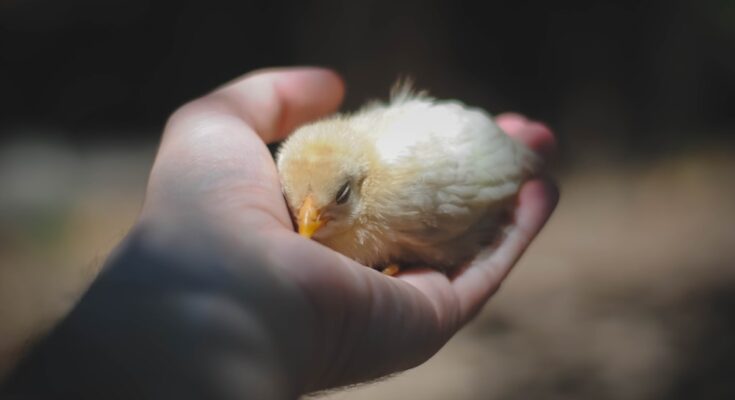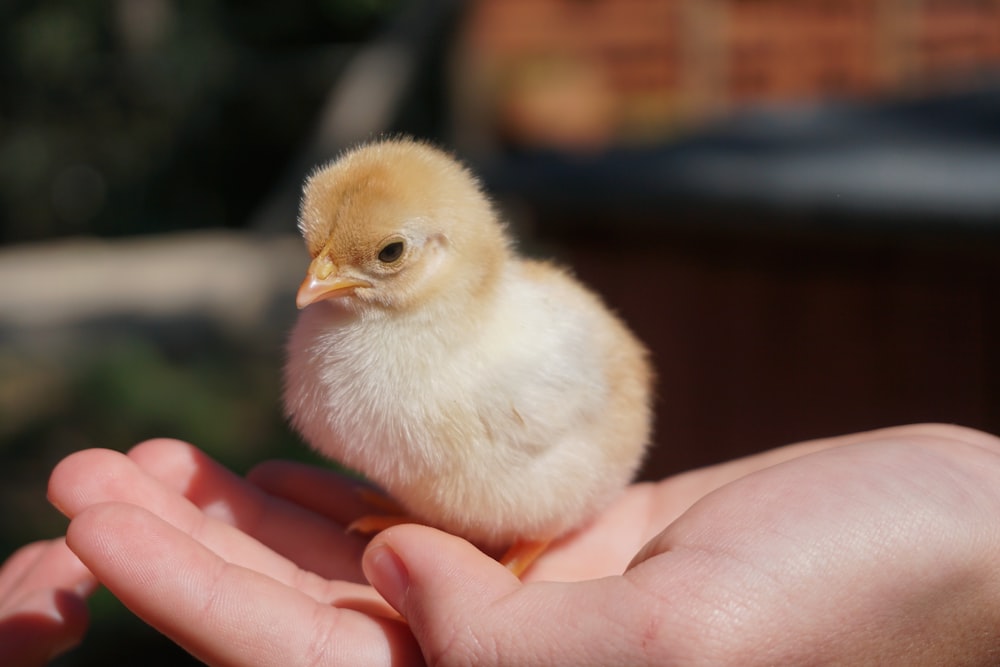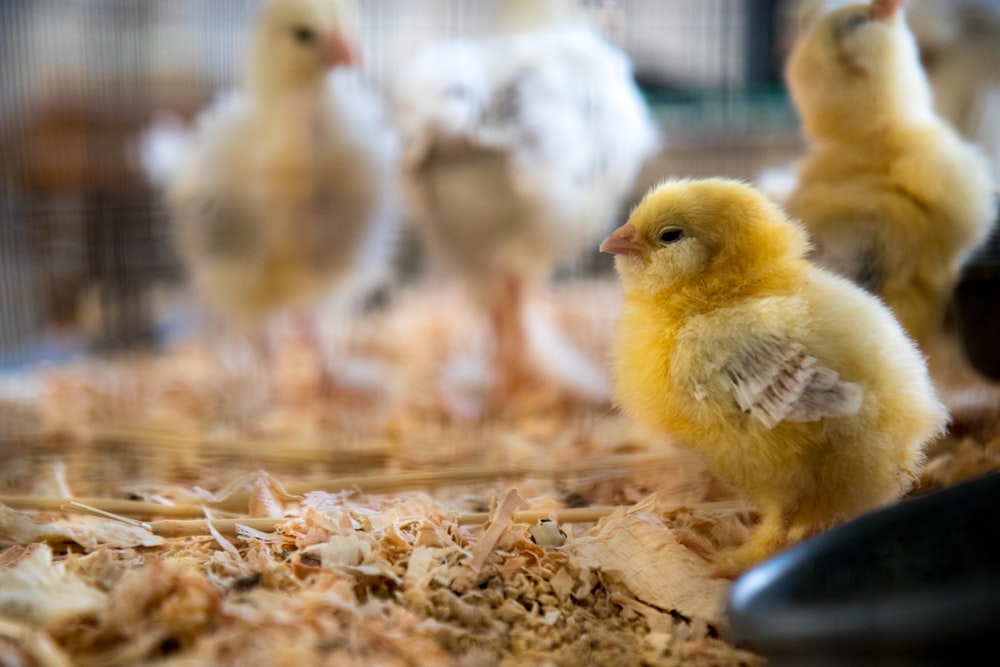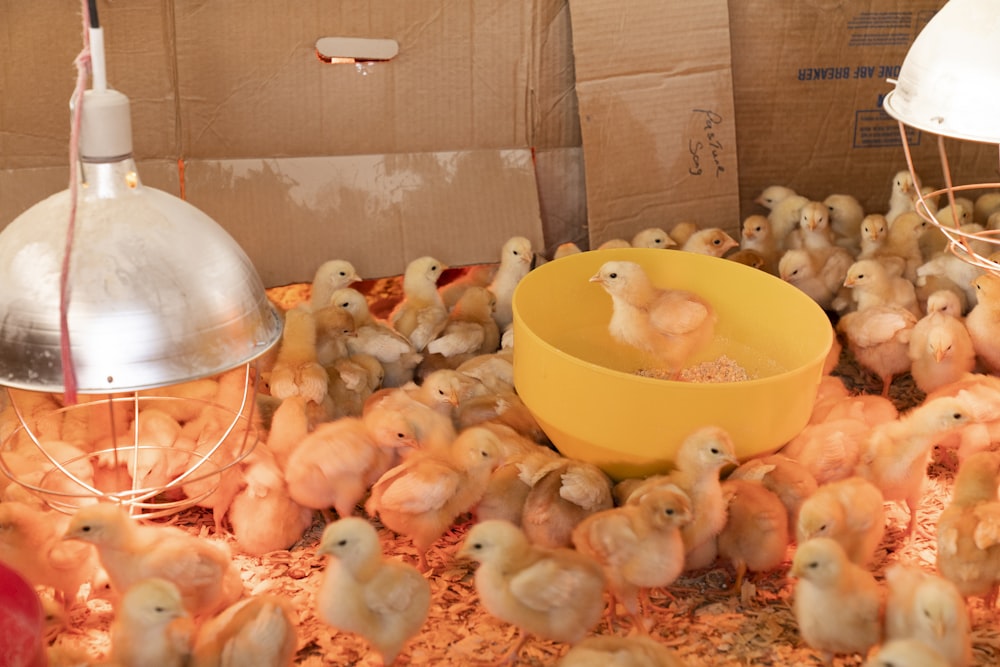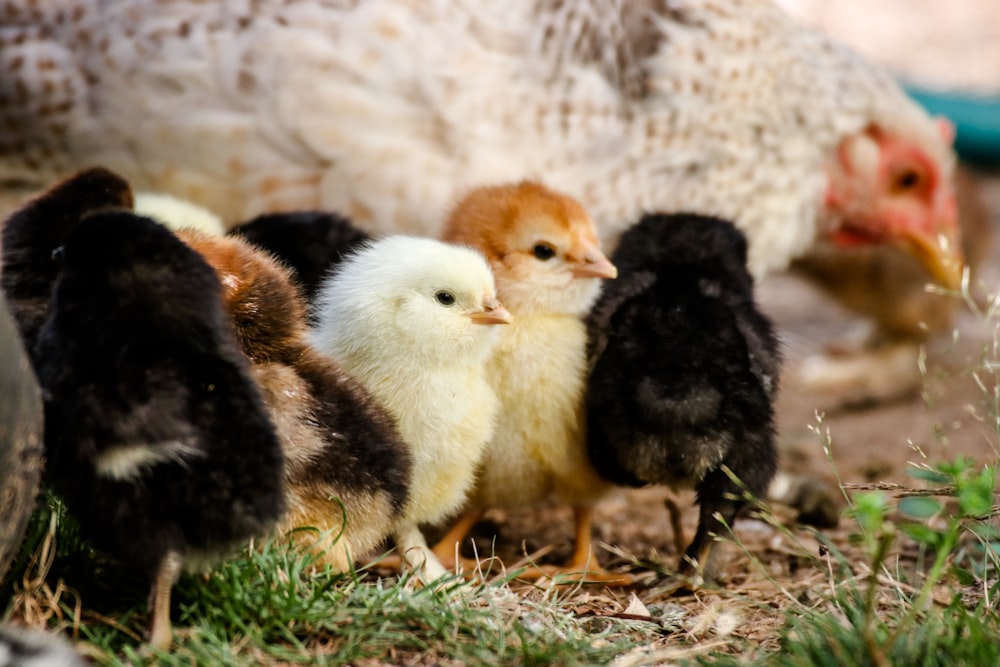Raising Baby Chicks: Know DO’s and DON’TS
Watching young chicks develop from chirping balls of fluff to egg-laying, fully feathered hens is a really satisfying experience. Although they make wonderful companions, chickens can often be difficult. Here are some things to think about before raising your own flock, as well as the right ways to raising young chicks.
Have adequate resources for raising baby chicks
Image via Unsplash.com
Although raising young chickens can be gratifying, you shouldn’t get started on it right away. Consider your reasons for wanting to keep chickens and if you have the time, resources, and space to care for them before you start raising baby hens.
In comparison to other animals, maintaining chickens is quite inexpensive. However, if one or more of your chickens become ill, you will need to pay for chicken feed on a regular basis, and vet fees can quickly mount. If you are raising hens for the first time, you might also need to spend money on a brooder and/or coop.
Although keeping chickens does not take a lot of effort, you will need to feed and water them every day, clean their coop (which requires shoveling excrement), and gather their eggs once or twice a day.
You will need to find a chicken sitter, which can be difficult, if you are expecting to be gone for longer than a few days. In the event that you try to collect the eggs while the hens are broody, which might happen if you allow eggs build up in the nest boxes, they may peck or cluck at you. Take a peek into a broody box to deter this.
The legal aspect
Image via Unsplash.com
It’s crucial to research neighborhood laws and HOA guidelines before buying birds or making plans for a coop. Many local governments limit the number of hens that can be kept by a family or forbid roosters because of the noise they produce.
The size and location of outbuildings are regulated by local legislation in some places, while others require permits, signed agreements from neighbors, or a zoning board appearance.
Raising three to six baby chicks
You should prepare to keep at least three to six chickens because they make excellent companions. In the event that one or more of your chickens succumb to disease or predators, having an additional one or two is not a bad idea either.
Four chickens will provide you about two dozen eggs every week because hens normally lay 5–6 eggs per week. More hens produce more eggs!
Choosing breed
Image via Unsplash.com
Depending on your preferences, the traits you look for in a breed of chicken include temperament, egg-laying capacity, egg size and color, climate compatibility, aesthetic value, and meat quality.
Choose “layer” breeds that were bred to lay eggs consistently, such as Black Australorps, for consistent egg output. Additionally, leghorns lay about 325 eggs annually.
Breeds used primarily as “broilers” (Cornish Cross or White Rock Cross), which are breeds used mostly for meat, are bigger than layers but produce better eggs than dual-purpose breeds (which give eggs and meat), such as Buff Orpingtons and Laced Wyandottes and Plymouth rocks.
Sourcing baby chicks for raising
In the spring, you can purchase day-old baby chickens from a mail-order catalogue or at your neighborhood farm store. You should be aware that mail orders typically have a minimum order requirement of 25 chicks or more. This is due to the fact that keeping a higher number of chicks warm during transportation results in fewer losses. To make up for any losses, open the package in front of the mailman.
Make your purchase in the spring. Avoid placing your order in the midst of winter or autumn. It can be more difficult to care for your chickens and can slow you down in colder weather. It will be simpler for you and the chicks if you place your order at the beginning of spring.
Proper space and equipment for the baby chicks
Image via Unsplash.com
The hens will initially require a brooder, which is a small enclosure similar to a cardboard box or rabbit cage that can be housed indoors or in a garage. Once they are outside, they will require a chicken coop so that they can lay eggs safely and away from predators. Feather picking is a behavior that young chicks may engage in. The blood-filled shafts of the feathers are where the chicks pick at the fresh feathers of other chicks. The chicks will pick all the feathers since they are drawn to the color red, which could leave them paralyzed or even kill them. Purchase a red brooder light to deter.
Chicken brooder or lamp
A “brooder” is the name for the chicks’ first residence. A cardboard box or plastic storage box will do just fine for one-time or sporadic use. Another nice alternative that is equally simple to clean is a cage made for a rabbit or guinea pig. You can either make your own brooder or buy one at a farm supply store.
Brooder placement should be indoors or in a garage, away from any draughts. It’s crucial to keep the chicks warm.
As long as the chicks are not crammed together and there is adequate room for a feeding and water, the size of the brooder is not very significant. In order to keep them from jumping out, the walls must also be high enough.
Use proper flooring for the baby chicks while raising
Image via Unsplash.com
Clean litter consisting of pine shavings or equivalent material should be spread out on the brooder’s floor. Although a newspaper can be used, it is not recommended because it is slick and the ink from the printer can get on the chicks. Every couple of days, this litter should be replaced, and it should never be allowed to become damp. Use cedar shavings never! This creates deadly brooder pneumonia, which is harmful for their little lungs. To prevent allergies, I suggest using double-screened pine shavings.
At this stage of the chicks’ growth, cleanliness is crucial since young chicks are susceptible to a number of infections.
USEFUL LINKS:
Ways of raising baby chicks you should know
Your Pet’s health: How to make smarter choice

